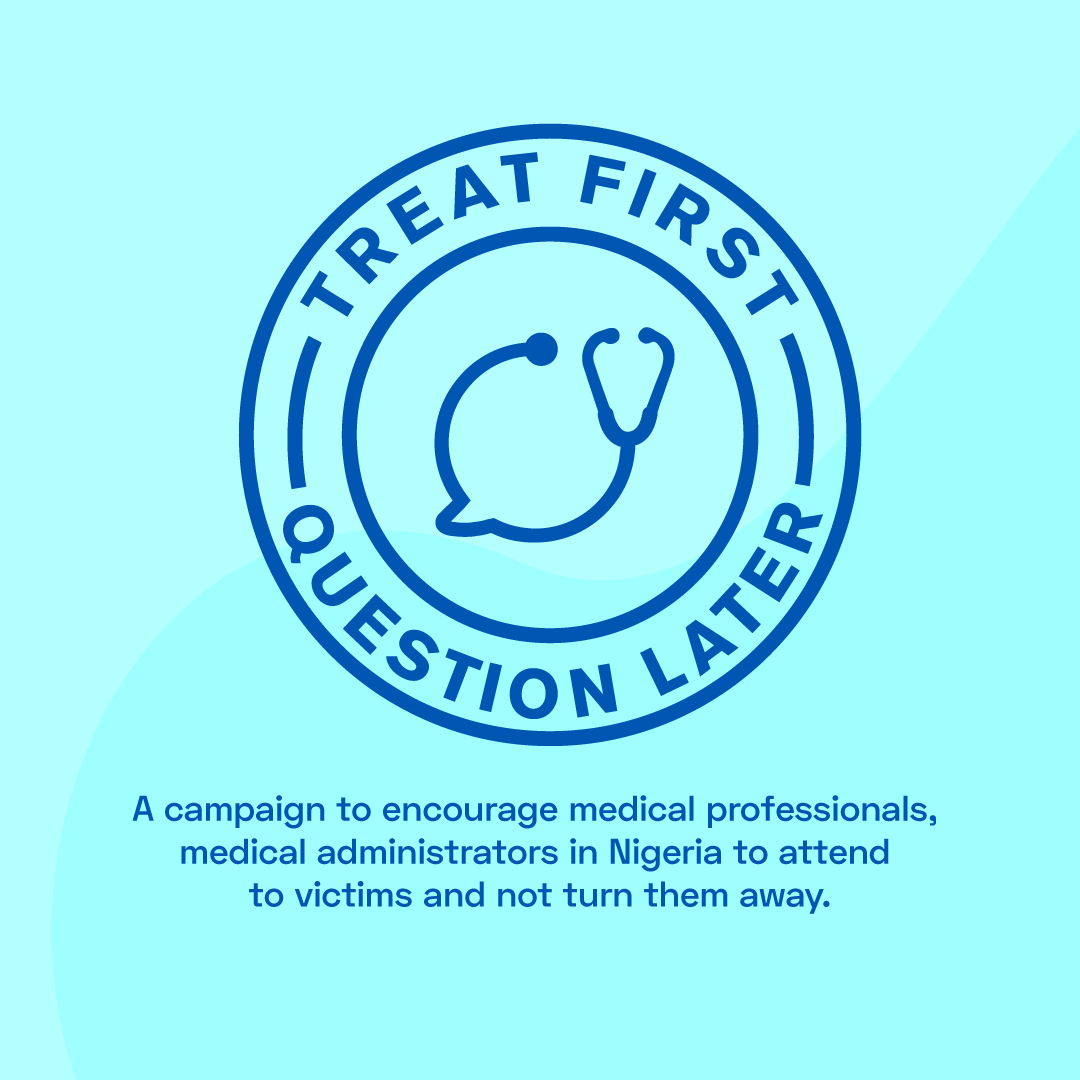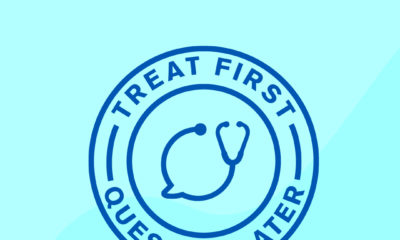Features
#TreatFirstQuestionLater: There’s No Justifiable Reason for Denying Treatment to Accident Victims
A widespread campaign across the length and breadth of the nation should be held, to make the masses aware of their rights to emergency treatment; to remind hospitals and healthcare workers of their duty of care in emergency settings, and educate them further that they have the full protection of the law, and the state while doing so; and finally, to remind the police of their sacred duty of upholding laws, as well as protecting the lives of citizens.
 A Nigerian medical doctor writes from his perspective about the practice of hospitals demanding a police report prior to administering emergency medical treatment.
A Nigerian medical doctor writes from his perspective about the practice of hospitals demanding a police report prior to administering emergency medical treatment.
***
In 2004, while I was still a secondary school student, an acquaintance and former classmate of mine, Ifeanyi Alisigwe, died from a stab wound he sustained in the chest during an altercation.
Losing blood in torrents from his chest, he had been taken to the nearest hospital but was refused emergency treatment on the grounds that there was no police report as to the cause of the wound. Two hospitals later, he had died.
About two months ago, a young lady with a promising future, Oranye Ruth, met her untimely death under similar circumstances: she was knocked down by a careless road user and was rushed to a nearby hospital by good Samaritans.
Just like Ifeanyi, she was denied emergency treatment by the said hospital because there was no police report detailing the cause of her injuries.
Ifeanyi and Ruth are not the only unfortunate victims of this sickening practice entrenched by fear and ignorance, which seem to be popular among Nigerian hospitals; countless other Nigerians, both young and old, have lost their lives to delays constituted by this unreasonable demand by Nigerian hospitals for a police report before initiation of emergency medical treatment.
Why Does This Happen?
A quick glance through the Nigerian Constitution, and the Health Act, and the changes both have undergone since Nigeria’s independence in 1960, shows that there has never been any law, act, or bill, in support of this practice. One would then wonder the origin of this sickening unethical practice.
Anecdotes from several Nigerian healthcare practitioners have it that, in the past, treatment of victims of emergencies, especially those of suspicious nature, such as gunshot and stab wounds were always met with harassment of hospitals, and healthcare workers, by the police. The unfortunate fallout from this was hospitals demanding police clearance before administering emergency medical care to victims of such “suspicious injuries.”
The Angle of the Law
As earlier hinted, there’s no Nigerian law that makes police clearance a prerequisite for treatment in emergency settings, irrespective of how “suspicious” the nature of the injury might be.
The Compulsory Treatment And Care For Victims Of Gunshot Act of 2017, clearly states that: “… every hospital in Nigeria, whether public or private, shall accept or receive, for immediate and adequate treatment, with or without Police clearance, any person with gunshot wounds.”
It goes on to say that the police should, however, be notified within a space of after hours AFTER commencement of treatment.
Non-gunshot emergencies that are not covered by the above, are provided for in the National Health Act of 2014. The section on “rights and obligation of users and healthcare personnel”, clearly states that “a healthcare provider, health worker, or health establishment, shall not refuse a person emergency medical treatment for ANY reason.” It goes on to prescribe a punishment of 6 months imprisonment for defaulters.
From the point of view of the law, it can be seen that there is no justifiable reason for denying anyone emergency medical treatment, let alone due to the unavailability of a police report.
Ethical Principles of Medicine
This not in any way different from the legal perspective. Apart from swearing to maintain the utmost respect for human life, doctors owe a duty of care to patients in emergency situations.
The 2008 Code Of Medical Ethics In Nigeria states that a doctor owes it as on obligation to the state, as well as its citizens, to “give emergency care as a humanitarian duty unless he is assured that others are willing, and able, to give such care.”
The Way Forward
The first few minutes, to an hour, after major physical trauma is called the “golden period,” because that’s when life-saving interventions are made, and delays almost always prove fatal. Such precious period of time, often the thin line between life and death, shouldn’t be wasted for any reason.
A widespread campaign across the length and breadth of the nation should be held, to make the masses aware of their rights to emergency treatment; to remind hospitals and healthcare workers of their duty of care in emergency settings, and educate them further that they have the full protection of the law, and the state while doing so; and finally, to remind the police of their sacred duty of upholding laws, as well as protecting the lives of citizens.
The maxim should be “treat first, ask questions, and inform the police, later!”
***
This post was written by Chukwudum Chibuike Joseph published as part of the Treat First Question Later campaign which advocates for speedy medical attention in an emergency situation before anything else. It was organized in the memory of Ruth Oranye, 27 who died in September 2019 from a road accident in Lagos and because a hospital denied her emergency medical care without a police report. Sign the petition to effect a change HERE




















